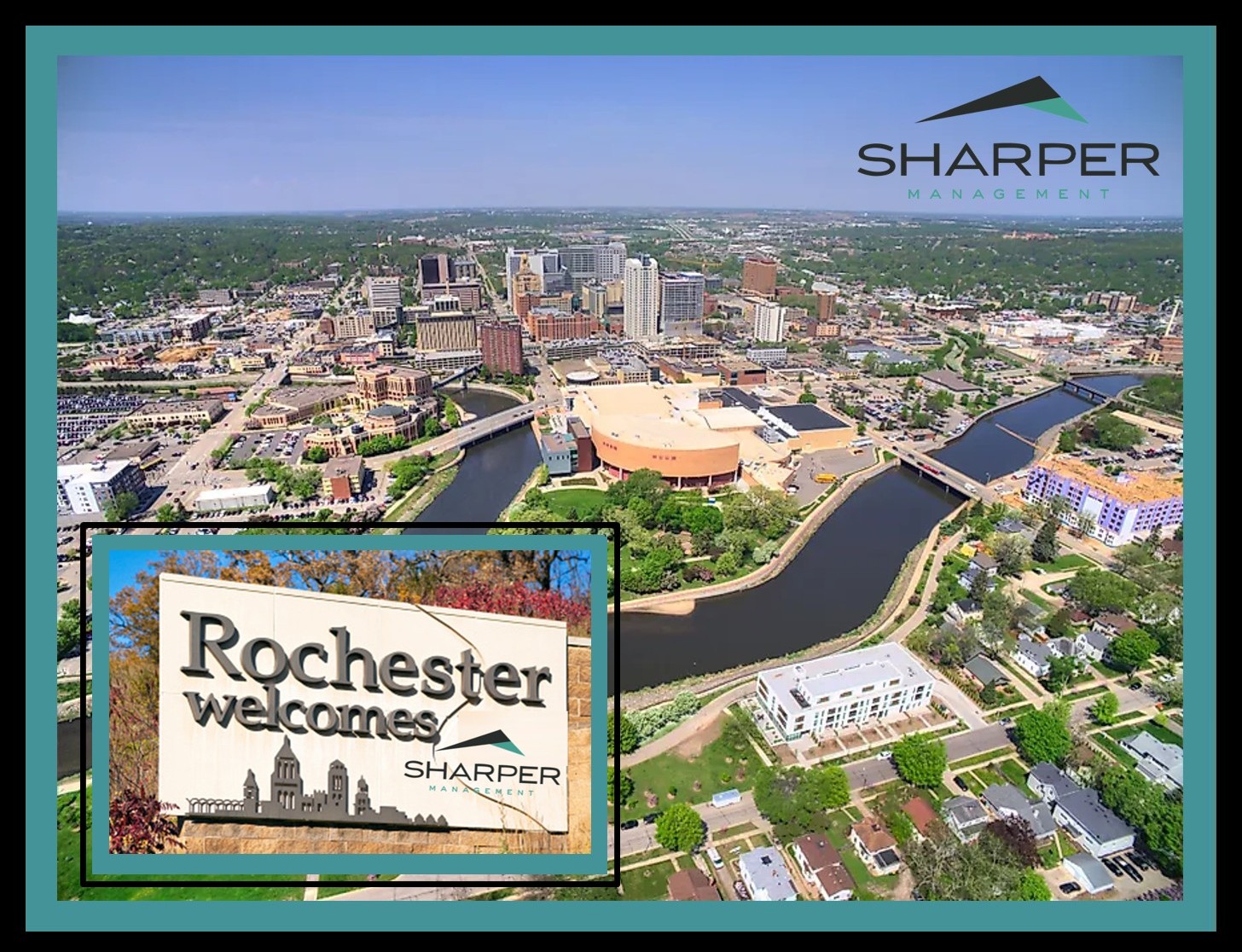HOAs play an essential role in many communities in the United States. They can help maintain property values, enforce community rules, and ensure a high quality of life for residents.
One of the most important decisions an HOA board will face is whether to self-manage the community or hire a professional management company. While self-management can offer greater control and potentially lower costs, it often comes with significant time demands, legal responsibilities, and operational challenges.
On the other hand, hiring a professional HOA management company provides a host of benefits that can help a community thrive. From expert financial oversight and legal compliance to streamlined maintenance coordination and conflict resolution, professional managers bring structure, experience, and efficiency to the table. This article investigates the key benefits and drawbacks of both types of HOAs and helps you decide which approach is best suited for your community’s unique needs.
What is a Professionally Managed HOA?
A professionally managed HOA is a homeowners’ association that partners with an external management company to handle the day-to-day operations, administration, and oversight of the community. These management companies are staffed with experts in property management, finance, legal compliance, and customer service, allowing them to efficiently manage tasks such as budgeting, dues collection, vendor coordination, maintenance scheduling, rule enforcement, and communication with residents.
What is a Self-Managed HOA?
A self-managed HOA is a homeowners association that operates without the assistance of a professional management company, relying instead on volunteer board members—typically residents of the community—to handle all aspects of the association’s operations. These responsibilities can include managing finances, collecting dues, coordinating maintenance and repairs, enforcing community rules, and communicating with homeowners.
While self-management can offer cost savings and give residents more direct control over decisions, it also requires a significant time commitment, organizational skills, and knowledge of legal and financial regulations. The success of a self-managed HOA often depends on the dedication, expertise, and availability of its board members.
The Benefits and Drawbacks of Self-Managed HOAs
A self-managed HOA can be a good fit for small, tight-knit communities with dedicated and knowledgeable board members. However, the significant time commitment, legal risks, and operational challenges can make it difficult to sustain, especially as the community grows or becomes more complex.
Benefits
- Cost Savings — Without the expense of hiring a professional management company, communities can often keep homeowner dues lower and allocate funds directly toward maintenance, amenities, or reserves.
- Greater Control — The board of directors, usually composed of homeowners, has direct oversight of all decisions, from budgeting to vendor selection. This can lead to quicker decision-making and a stronger sense of ownership.
- Community Engagement — Residents may feel more connected to the neighborhood when they’re actively involved in its operations, fostering a greater sense of community pride and collaboration.
- Transparency — With board members living in the community, communication and visibility into how decisions are made may be more direct and accessible for homeowners.
Drawbacks
- Time and Workload — Managing an HOA is a demanding job. Volunteer board members must handle finances, rule enforcement, maintenance coordination, meetings, and homeowner concerns. This can quickly become overwhelming.
- Lack of Professional Expertise — Most homeowners don’t have formal training in legal compliance, accounting, property management, or vendor negotiation. Mistakes or oversights can lead to legal or financial problems for the community.
- Risk of Burnout and Turnover — High demands and unpaid work can lead to burnout among board members, making it difficult to maintain consistent leadership over time.
- Potential for Bias or Conflict — Since board members are also neighbors, rule enforcement or decision-making can be influenced by personal relationships, leading to favoritism, disputes, or a lack of consistency.
- Limited Resources — Without access to industry tools, systems, or vendor networks, self-managed HOAs may struggle to efficiently manage maintenance, communication, or emergencies.
The Benefits and Drawbacks of Professionally Managed HOAs
Professionally managed HOAs offer significant advantages in terms of expertise, efficiency, and reduced workload for volunteer boards. These benefits are especially valuable in medium to large communities or those facing legal, financial, or operational complexity. However, the added cost and potential for variable service quality mean it’s important to choose a management company carefully and maintain regular oversight.
Benefits
- Professional Expertise — Management companies have experience in areas like budgeting, legal compliance, vendor management, and community governance. This expertise helps prevent costly mistakes and ensures the HOA operates smoothly and within the law.
- Time and Stress Relief for Board Members — Board members can focus on big-picture decisions while the management company handles day-to-day tasks like dues collection, maintenance coordination, and homeowner communication.
- Consistent Rule Enforcement — A third-party manager applies rules and regulations impartially, reducing the risk of favoritism or conflict among neighbors.
- Access to Trusted Vendors — Management companies often have established relationships with reliable service providers, which can lead to better pricing, faster response times, and higher quality work.
- Emergency Response and Availability — Most management companies offer 24/7 support for urgent issues, giving residents peace of mind and reducing the burden on volunteer board members.
- Financial Management and Transparency — Professional managers provide detailed financial reporting, manage assessments and delinquencies, and assist with budget planning—improving the HOA’s long-term financial health.
- Legal Compliance — Management companies stay updated on HOA laws and regulations, helping the board avoid legal pitfalls and maintain compliance with state and local statutes.
Drawbacks
- Added Cost — Hiring a management company can be a significant expense, potentially increasing homeowner dues. However, these costs may be offset by improved efficiency and reduced financial risk.
- Less Direct Control — The board delegates many operational tasks to the management company, which can sometimes lead to less hands-on control or slower response if the company isn’t well-managed.
- Variable Service Quality — Not all management companies are the same—some may provide exceptional service, while others may underperform. Choosing the right partner is very important.
- Communication Gaps — If not properly managed, communication between the board, residents, and the management company can become inefficient or inconsistent.
Need Help Managing Your HOA? Turn to Sharper Management
If your HOA is feeling overwhelmed by day-to-day operations, struggling with compliance, or ready to operate more efficiently, consider professional support. At Sharper Management, we specialize in helping communities thrive through expert guidance, responsive service, and customized management solutions.
Contact us today to learn how partnering with a trusted management company can take the stress off your board and bring lasting value to your community.



